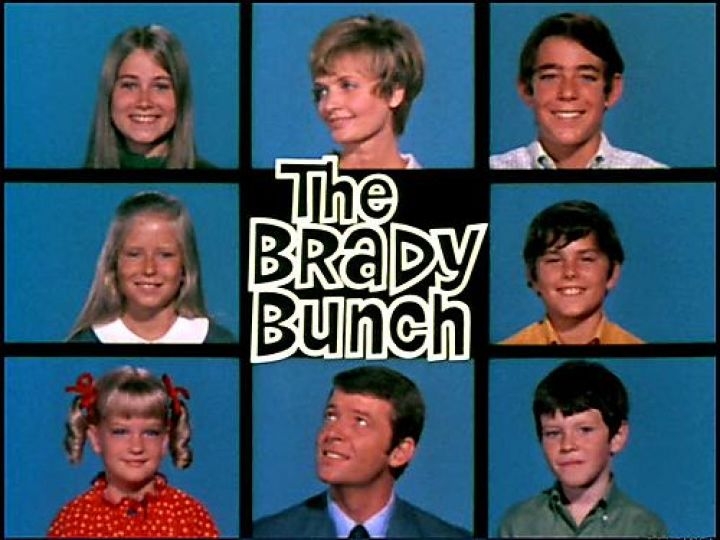
In modern America, estate and trust disputes, including will contest are getting more common. There are likely many socioeconomic reasons for the rise in incidence, but as the baby boomer generation ages it is something many families and beneficiaries will need to address either before or after the passing of a loved one.
The first question when evaluating any potential will contest is whether the will contains an “unnatural disposition” of the testator’s property. Judges consider an unnatural disposition, along with other circumstances, in determining whether a will was a product of undue influence. Although proof of an unnatural disposition alone is not sufficient to invalidate a will, courts have long recognized that it is an early consideration for every will contest. As one court stated, an unnatural disposition is a “circumstance which should arouse the suspicion and strict scrutiny of the court[s].”
An unnatural disposition arises where the natural objects of a testator’s bounty are excluded from his or her will. Natural objects of a testator’s bounty generally include a spouse, descendants, and parents. Collateral heirs however, such as siblings, nieces, and nephews, do not automatically fit into this class. A disposition, even though unusual in an objective sense, or unnatural in the strictest legal meaning, will not be sufficient (standing alone) to overturn a will if there was a reasonable, logical, or rational basis for this particular testator to select the challenged disposition. However, an unexplained unnatural disposition may amount to evidence of lack of testamentary capacity or other suspicious circumstances.
Additionally, a disposition is unnatural if it creates an unequal division between persons who would normally take equal portions of the testator’s bounty—such as brothers and sisters. Yet this is not an absolute rule. For example, a testator’s disposition to one brother to the exclusion of his or her sisters is not necessarily unnatural where the testator was especially close to his or her brother. Similarly, unequal division of property between siblings because of family discord would usually not constitute an unnatural disposition.
A good rule of thumb as to what courts consider a natural object of the testator’s bounty, or what might be considered a natural disposition, is to follow the legislature’s dispositive scheme in the statutory provisions for intestate succession and the other public policy statutes affecting inheritance rights. However, because the very purpose for making a will may well be the testator’s desire to avoid the statutory rules of intestacy, these guidelines are obviously not conclusive, but they may well indicate a situation that needs to be investigated further and discussed with an attorney.

